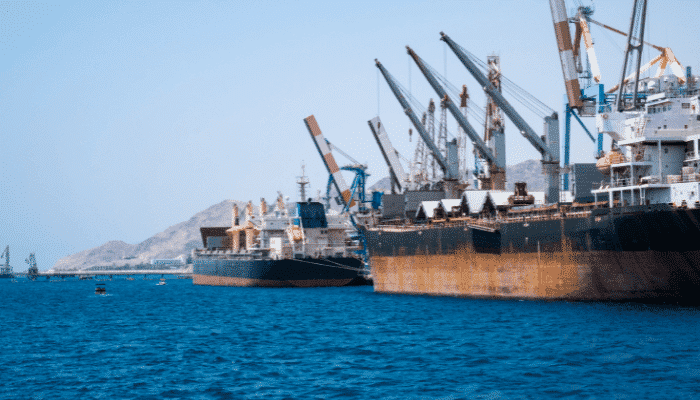Ethiopian Scholars have stressed that the statements given by the authorities about the Red Sea case should be cautious.
Addis Ababa University organized a discussion forum for scholars on the Ethiopian sea gate matter.
Scholars who presented research and held discussions on this scholarly forum cautioned the authorities to be careful with their statements, emphasizing the need for a cautious and diplomatic approach.
In this workshop titled “Equitable Port Use for Sustainable Peace and Development in the Horn of Africa”, a wide intellectual discussion was held about the options by which Ethiopia can peacefully own the sea gate.
The historical context of Ethiopia’s past success in peacefully resolving issues related to the sea gate, particularly with Eritrea, is highlighted as a positive precedent.
However, concerns are raised about a potentially careless approach leading to conflict, especially considering the reactions from neighboring countries such as Eritrea, Somalia, and Djibouti.
Ethiopia, which had a generation that answered the question of a sea gate by dissolving Eritrea with Ethiopia in a peaceful way, has not been able to have the same generation that can continue this historic success and has remained a country without a sea gate.
On the other hand, some of the panelists, who were not heard giving positive comments about the sea gate and port, warned that this careless approach could lead Ethiopia into conflict again.
Prime Minister Abiy Ahmed (Dr.) said in his explanation to members of the House of Representatives a month ago that Ethiopia needs a Red Sea port.
The prime minister’s speech was not welcomed by the neighboring countries, especially Eritrea, Somalia, and Djibouti, who quickly responded to the prime minister’s question.
All three neighboring countries rejected the Prime Minister’s request and although the countries will work with Ethiopia on various issues, not the port request.
Prime Minister Abiy Ahmed’s statements affirm Ethiopia’s need for a Red Sea port, but he also emphasizes a commitment to pursuing this through dialogue and cooperation rather than resorting to force. The rejection of the port request by neighboring countries, despite their collaboration with Ethiopia on various issues, adds a layer of complexity to the situation.
The Ministry of Foreign Affairs, on the other hand, stated that Ethiopia should not be excluded from the Red Sea cooperation and The Ministry underscores the importance of Ethiopia not being excluded from Red Sea cooperation, highlighting the global nature of maritime activities in the region.
The Ministry of Transport has announced that 80 percent of Ethiopia’s export and income trade relies on the port of Djibouti, despite the landlocked nature of the country.
Ethiopia pays over $one billion to Djibouti annually and is currently exploring alternative ports. The Ministry has reiterated on multiple occasions its commitment to diversifying its port usage, including efforts to utilize Berbera Port, Port Sudan, Asseb, and Lamu Port.
Despite the agreement between Ethiopia and Eritrea in 2018 to improve relations after more than 20 years of war, their ties have not progressed due to the outbreak of conflict in northern Ethiopia.
